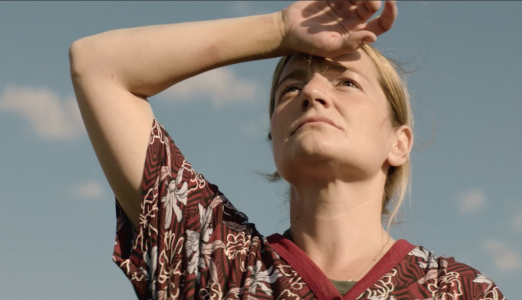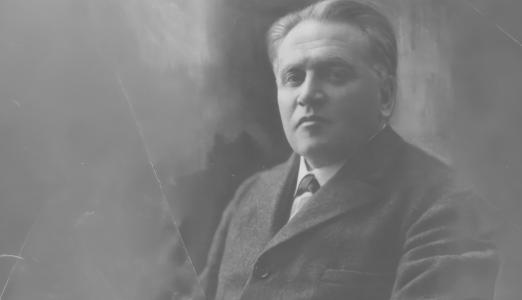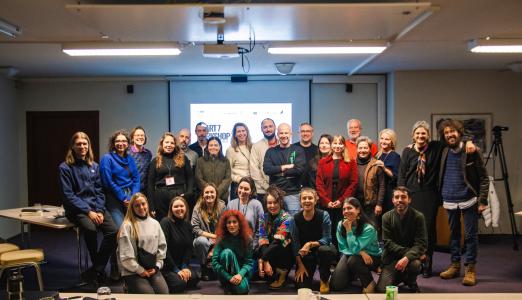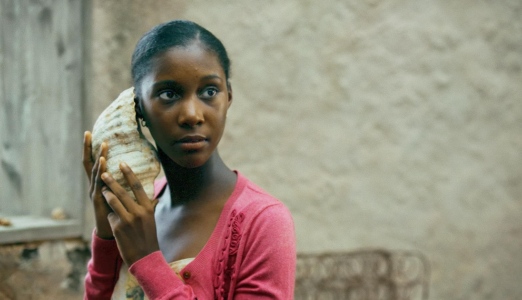InterogaTIFF - Roberto Olla
Roberto Olla: We are not changing, but we are also opening another door

While enjoying a warm afternoon at the Boema venue, Eurimages Executive Director, Roberto Olla told us about the evolution of Eurimages, his vision for its future and his role as a Transilvania Pitch Stop jury member.
How is Eurimages evolving in terms of new countries joining or new programs?
Eurimages counts 36 countries today. It started with 12 countries 25 years ago so it has been a regular crescendo if we can say that. We are at the point where we ran out of countries in Europe and in a globalized world there are no more limits with whom you can cooperate. Since on bilateral bases producers already make films with non-European countries like Canada, South Africa, Israel or Latin American countries, if they can do it on bilateral bases, bilateral treaties are being signed for this why don’t we do this multilateral within Eurimages. The next step is to allow non-European countries to join us so we are discussing about this, the legal work has been done, there are no legal obstacles anymore, we are now discussing how and who we should have on board.
What are the possible members you are considering?
I think the most natural country would be, in my personal opinion, Canada. Why? Because Canada already has bilateral treaties with all of our countries and is the non-European country that has the most similar public support scheme to European countries. After that anything can happen, but I think Canada is the less controversial. Politically they have no problem with Europe.
What is your personal vision for the future of Eurimages?
I think Eurimages will use treaties as a way to stimulate co-productions and it will work wonderfully well because before treaties there was no such thing as co-production in Europe. Everybody was doing their own films. The results we had with Eurimages giving the money to that kind of film, within the framework of those treaties, the results are wonderful. There is a moment now in which we have learned how to work together. Those rules have been useful but they may be somehow limiting creativity and they are lacking flexibility so next step is to learn to make films without those treaties. They will keep on being useful, they are necessary for bigger projects maybe, where more money is involved and for more delicate films where you can’t count creativity in terms of points like we do in the treaties or percentages. Those films are more fragile, they need to be co-produced, but they don’t fit in treaties so the next step in Eurimages is how to support those projects without killing them because of the rules. There is an evolution in Europe that is going towards some very creative non-scripted projects that are at the crossroads between cinema and other arts and those projects are very unconventional and we have a hard time judging them because we are judging through the lens of traditionally scripted works. Keeping what we are doing best, I mean we are not changing, but we are also opening another door.
You are also a member of the Transilvania Pitch Stop jury. What do you think about this kind of initiative in the context of film festivals and in the context of helping new talents?
It is a good initiative, it’s not the first time festivals organize this kind of event and I think that is because there are many projects in development in any country. By selecting the five best ones, TIFF is giving a chance to these projects to have the attention of the guests that come from different countries that have different jobs to get involved. So it’s like opening a little window to show the guests what is being developed in this country today. It is a certain label of quality that allows professionals coming from other countries to see what’s going on in Romania.
Interview by Radu Meza
Article published in AperiTIFF.





